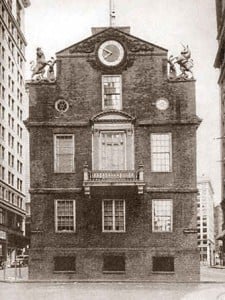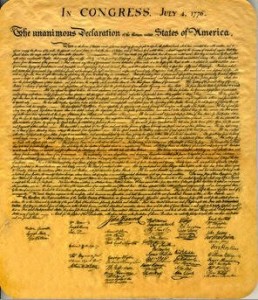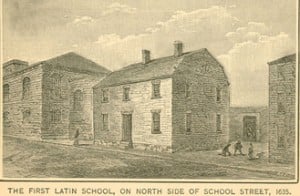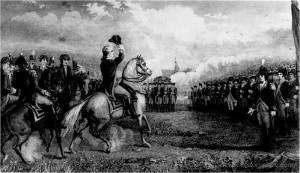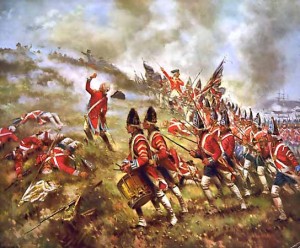Here I sit on Buttermilk Hill
Who can blame me, cryin’ my fill
And ev’ry tear would turn a mill,
Johnny has gone for a soldier.
Me, oh my, I loved him so,
Broke my heart to see him go,
And only time will heal my woe,
Johnny has gone for a soldier.
I’ll sell my rod, I’ll sell my reel,
Likewise I’ll sell my spinning wheel,
And buy my love a sword of steel,
Johnny has gone for a soldier.
I’ll dye my dress, I’ll dye it red,
And through the streets I’ll beg for bread,
For the lad that I love from me has fled,
Johnny has gone for a soldier.
